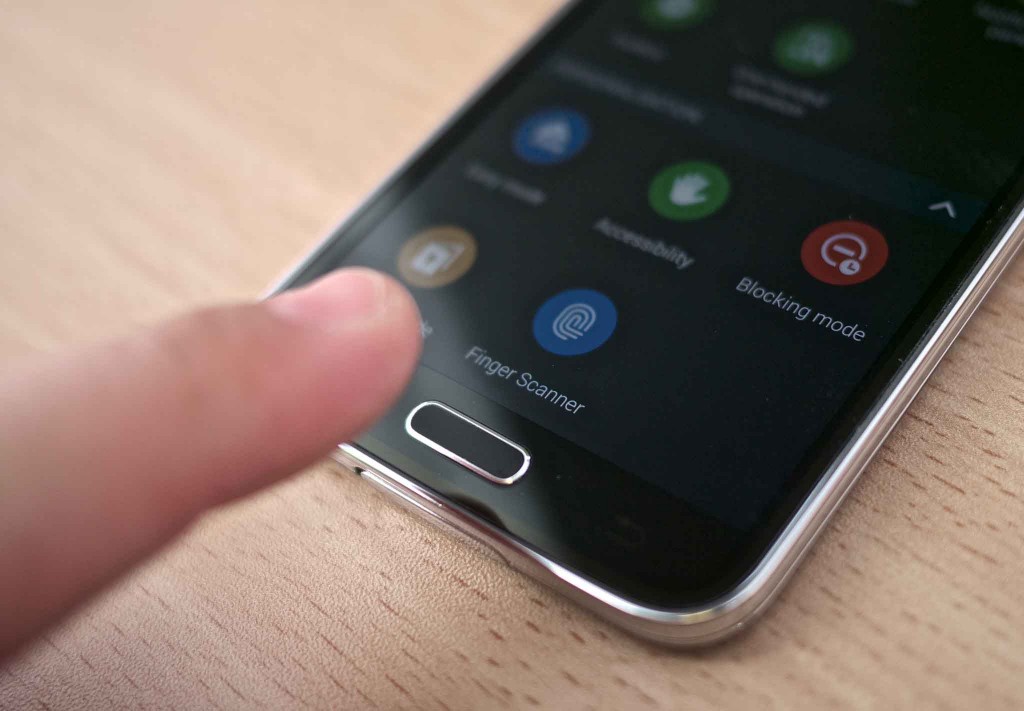Passwords are omnipresent in our everyday lives. Over the years, they have changed and adapted to continue protecting the websites, applications, devices and other online services that we use daily.
With cybercrime on the rise, it is becoming more important to use passwords that are tough enough to withstand increasing security measures. Experts recommend (and sometimes websites require) that users mix letters, numbers and symbols, but it’s also recommended that users avoid using personal information like pet names, avoid reusing passwords, and that users change their passwords every once and a while. You never know when your passwords will end up in the hands of a cybercriminal or be leaked during a cyberattack.
It has also become extremely easy it to accidently give up our private passwords without realizing it. Since passwords are fragile and vulnerable, it is recommended that internet users always use two-step verification, or another type of security measure like biometrics.
In the future, passwords will be used with a second security layer: biometric identification.
One example of a biometric passwords are fingerprint sensors, and they definitely have some advantages over other types of security layers. For one, fingerprints are unique and, in theory, cannot be copied. Your fingerprints are yours alone. This is wonderful from a security standpoint, but in the next few years it could become a legitimate concern: if a cybercriminal learns how to use a copied fingerprint on these scanning devices, there is no way to change your print. Unlike traditional passwords, you can’t just change the combination of letters, numbers and signs.
But, are people ready to jump from the security system we already know to the next thing? Are we ready to bury our old passwords and use a new one based on our own bodies?
A recent study has proved that we aren’t. 58% of users still say that traditional passwords are their favorite method of security authentication, a much higher percentage than those 10% who preferred fingerprint sensors (that have become popular due to the sensors on most high-end smartphones). 2% said that they preferred facial, voice or iris recognition systems.
58% of users prefer traditional passwords, 10% prefer fingerprint sensors.
In respect to biometrics, only 9% of those surveyed felt that fingerprint sensors were at risk and 26% thought that biometric identification methods were risky practices.
In conclusion, companies are not ready to give the OK for biometrics as a password. Company employees are not willing to accept a new system that is different (and riskier) to the one they are already used to: traditional number-and-letter passwords. It seems that both security layers will continue to work with one another in the future, and internet users will continue to understate their importance. Mixed security systems will be the norm in the coming year.
The post Thinking of switching your passwords to biometric systems? Good luck getting employees on board. appeared first on Panda Security Mediacenter.
Source: Panda

